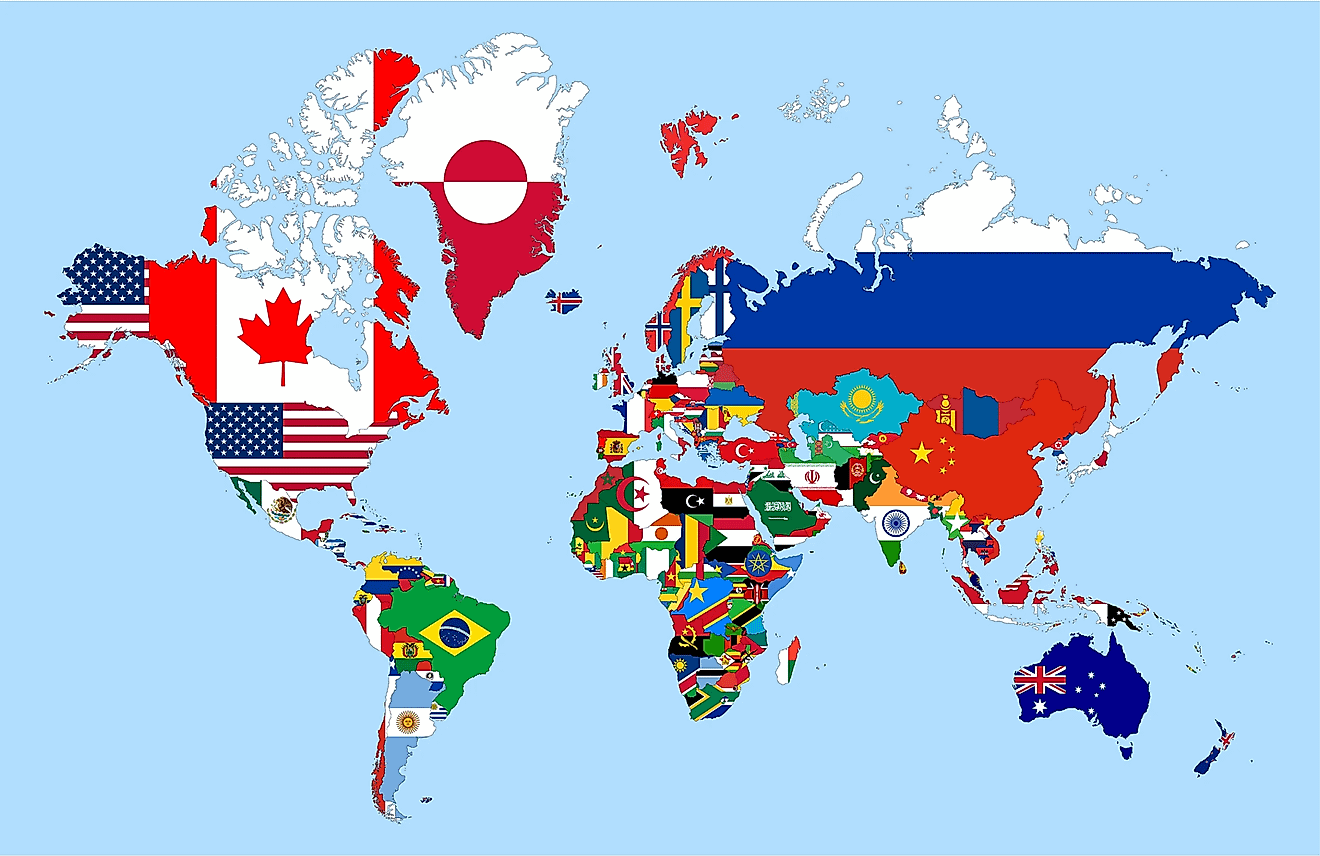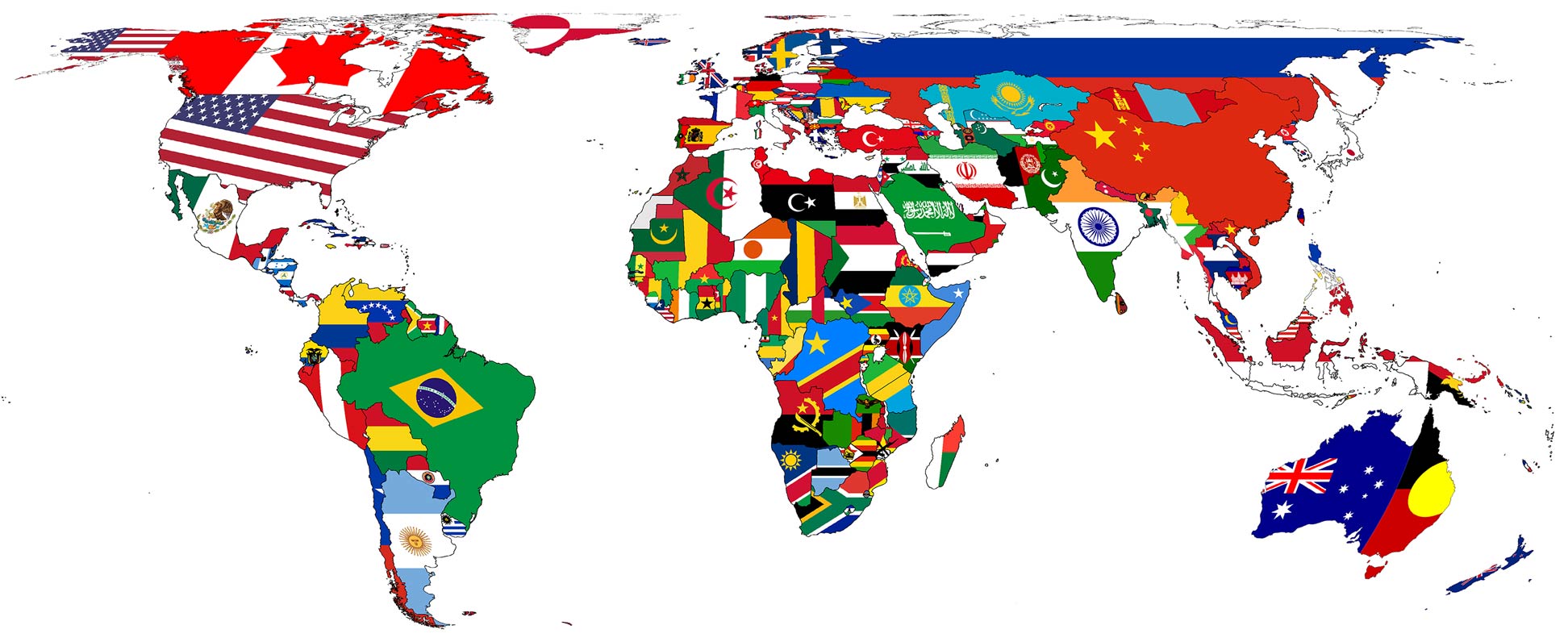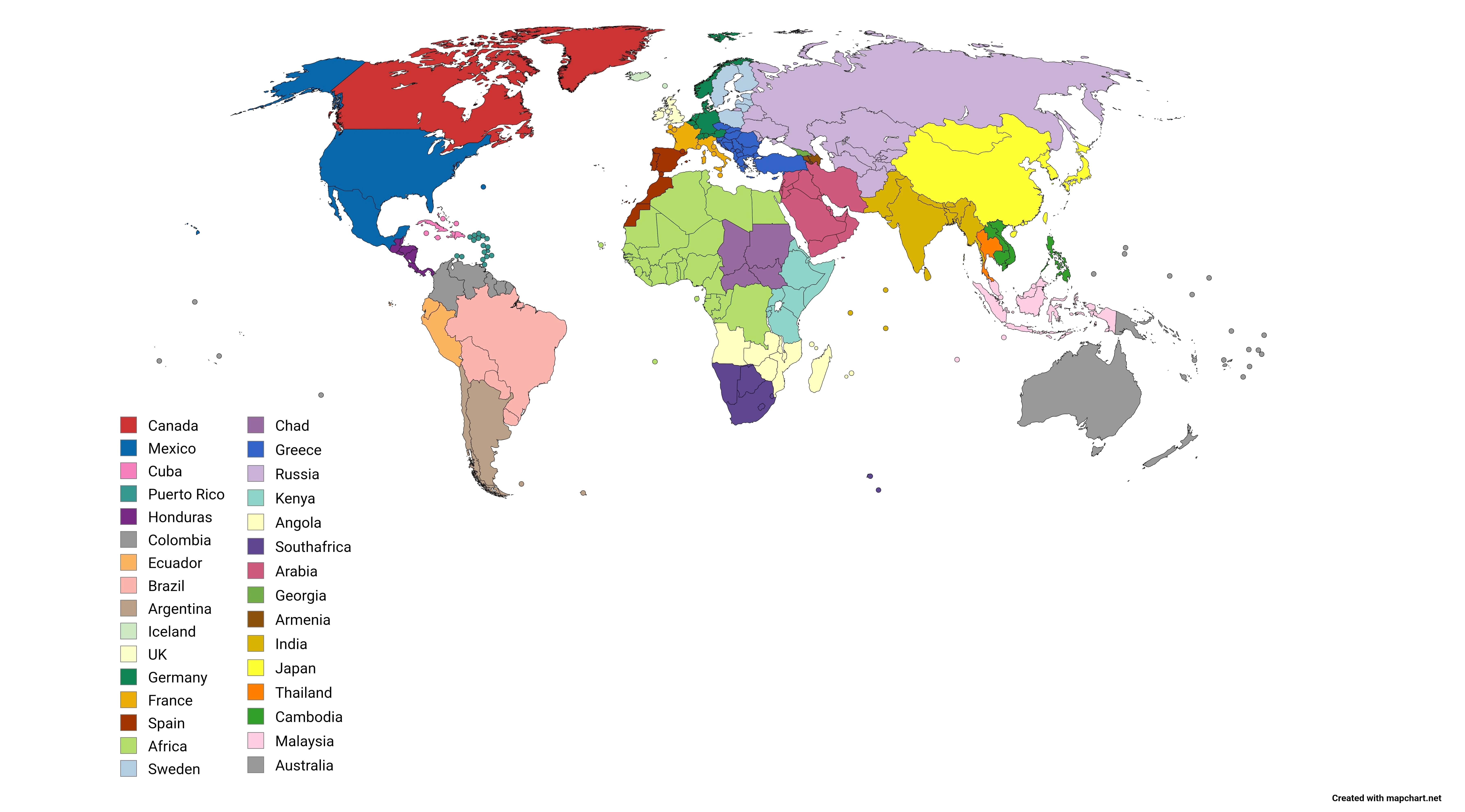Unpacking Aishah Hasnie's Roots: What Country Is She From?
Many people often wonder about the backgrounds of public figures they admire or see regularly on television. It's a natural curiosity, really, to want to know a bit more about someone's journey and where they come from. When it comes to prominent journalists and anchors, like Aishah Hasnie, this interest can be quite strong, as viewers connect with them daily.
Aishah Hasnie, a familiar face to many, particularly those who watch news, has a story that, is that, offers more than just a simple answer to the question of her origin. Her professional life is well-documented, but her personal history, like where she was born or what her heritage involves, sometimes sparks questions among her audience.
So, we're going to explore Aishah Hasnie's background, looking at not just her birthplace but also the broader idea of what "country" truly means when we talk about a person's identity. This includes considering different aspects like where someone was born, where they hold citizenship, and what their family's heritage is, drawing on some interesting points about how the word "country" is used in different ways.
Table of Contents
- Aishah Hasnie: A Brief Look
- Understanding "Country" in Context
- Aishah Hasnie's Background: The Full Picture
- Personal Details & Biography
- Her Journey to Prominence
- The Meaning of Heritage
- People Also Ask (FAQs)
- Final Thoughts
Aishah Hasnie: A Brief Look
Aishah Hasnie has made quite a name for herself in the world of television news. She's known for her work as a journalist and anchor, currently with a major news network. Her presence on screen is often seen as professional and informative, which, you know, helps her connect with a wide range of viewers.
Her career path shows a steady rise through different news roles, starting in local markets and eventually reaching national platforms. This kind of progression, a bit like a climbing ladder, is pretty typical for someone building a career in broadcasting. She has covered many important stories, which means she has been a part of sharing information with many, many people.
Because she appears on national television, people naturally become curious about her personal story. They might wonder about her family, her upbringing, or, you know, her earliest beginnings. This curiosity often leads to questions about her origins, and that's where the idea of "what country is she from?" comes into play.
Understanding "Country" in Context
When someone asks, "What country is Aishah Hasnie from?", it seems like a simple question, doesn't it? But, actually, the word "country" can mean a few different things, and it's not always as straightforward as it might appear. Our provided text, for instance, talks about how the word "country" itself has a rather low sense of sovereignty, especially compared to terms like "State" or "sovereign state" in international law.
Consider, for example, the United Kingdom. Our text points out that even on its government's official website, the UK is described as being made up of four nations. The former Prime Minister, David Cameron, once said, "Four nations in one country." This means the UK is the "country," but places like Scotland are considered "nations." So, you see, "country" can be a big umbrella term that holds smaller, distinct groups or "nations" within it, which is, like, a really interesting distinction.
Furthermore, our text also brings up how "country" can sometimes refer to a region, not just a sovereign state. It mentions how some international brands list places like Hong Kong (HK) or Taiwan (TW) separately when choosing a "country" or "region." Even though some dictionaries might only list "country" as meaning a nation, others, like the Oxford Advanced Learner's Dictionary, show it can also mean a "region." This really shows how flexible, and a bit confusing, the term can be, apparently.
Then there's the idea of "nationality" versus "citizenship" versus "country of residence." Our text gives an example: someone might have "Chinese nationality," "Chinese citizenship," and "China" as their "country of citizenship" and "country of residence." Even many people from other places, it says, find these distinctions a bit tricky to sort out. This means that a person's connection to a "country" can be about where they were born, where they legally belong, or simply where they live right now, which, in some respects, are all different things.
So, when we ask about Aishah Hasnie's "country," we could be asking about her birthplace, her citizenship, or even her heritage, which is, you know, the background of her family. All these things contribute to a person's identity and their connection to different places. The concept of a "Country of Origin" (COO), mentioned in our text, also highlights that rules for determining where something or someone originates can vary quite a bit from one country to another, or from one situation to another, requiring, you know, proper attention.
Even the idea of "countryhumans," a community where countries are personified, shows how deeply people connect with the idea of a country as a living entity, often drawn with a national flag on their head. While this is a creative concept, it does, you know, underscore the emotional and personal ties people feel towards their country, almost as if it's a part of them.
Aishah Hasnie's Background: The Full Picture
Now, to answer the question directly: Aishah Hasnie was born in Lahore, Pakistan. So, her birthplace, the very first country she was physically in, is Pakistan. This is a very clear point of origin for her, and it's, like, the beginning of her story.
However, her family moved to the United States when she was quite young. She grew up in Bedford, Indiana, which means she spent most of her formative years in America. She attended school and college in the U.S., becoming, you know, very much a part of American society and culture.
Because she grew up in the United States and pursued her education and career there, she holds American citizenship. This means she is, legally speaking, an American. So, if we're talking about her "country of citizenship" or "nationality" in that legal sense, it is the United States.
Therefore, Aishah Hasnie is best described as Pakistani-American. This term captures both her birth country and her adopted country, where she has lived most of her life and holds citizenship. It acknowledges her roots in Pakistan while recognizing her deep connection and legal status in the United States, which, you know, is a pretty common way for people with mixed backgrounds to describe themselves.
Her heritage, which is the cultural and family background passed down through generations, is Pakistani. This connection to her family's origins, even if she grew up in a different place, is a significant part of who she is. It's, basically, a blend of two different worlds, creating a unique personal identity.
Personal Details & Biography
Here's a quick look at some personal details about Aishah Hasnie, offering a bit more insight into her life and background.
| Full Name | Aishah Hasnie |
| Date of Birth | May 25, 1985 |
| Birthplace | Lahore, Pakistan |
| Nationality | American |
| Ethnicity | Pakistani-American |
| Education | Indiana University (B.A. in Journalism) |
| Profession | Journalist, News Anchor |
| Current Role | Correspondent for Fox News Channel |
Her Journey to Prominence
Aishah Hasnie's path into the news world began, you know, with her studies at Indiana University, where she focused on journalism. This academic background laid the groundwork for her career, giving her the skills she would need to report on events and tell stories.
After college, she started working in local news markets. This is a very common starting point for many journalists, as it provides, basically, hands-on experience covering community events and building reporting skills. She worked at stations in places like Fort Wayne, Indiana, and later in Baltimore, Maryland, and Orlando, Florida.
Her work in these local markets helped her gain experience and build a reputation for her reporting. She covered a variety of stories, which, you know, really helped her sharpen her abilities. This period of her career was, in a way, like an apprenticeship, preparing her for bigger roles.
Eventually, her talent and dedication led her to a national platform. She joined Fox News Channel as a correspondent, a significant step up in her career. This move meant she was now reporting on national and international news, reaching a much larger audience, which, you know, is a pretty big deal for any journalist.
Her role at Fox News involves covering breaking news and contributing to various programs. She has become a recognizable face for many viewers across the country. Her journey from Lahore, Pakistan, to local news, and then to a major national network, shows a remarkable progression, really, in her professional life.
This career trajectory, which is, you know, quite impressive, also highlights how people from diverse backgrounds can achieve success in their chosen fields. It speaks to the idea that talent and hard work can open doors, regardless of where one starts out. Her story is, in some respects, a testament to opportunity.
The Meaning of Heritage
Aishah Hasnie's heritage, being Pakistani-American, is a really interesting part of her identity. It means she carries influences from two distinct cultures, which, you know, can offer a rich and varied perspective on the world. This kind of dual background is quite common in today's interconnected world, and it shapes how people see things and how they interact with others.
Her Pakistani roots connect her to a rich cultural history, traditions, and, perhaps, even a different way of looking at life. Growing up in the United States, she also embraced American customs, values, and ways of thinking. This blend creates a unique personal framework, a bit like having two different lenses through which to view life.
For public figures, their heritage can sometimes become a point of interest for their audience. People might feel a connection to them because of a shared background, or they might simply be curious about how different cultures come together in one person. It adds depth to their public persona, which, you know, can make them more relatable or intriguing.
The idea of "country" as a place of heritage, distinct from birthplace or citizenship, is very important here. It's about the traditions, the language, the food, and the stories passed down through generations. This is, basically, the cultural inheritance that shapes a person, regardless of where they physically live or what passport they hold.
So, when we consider Aishah Hasnie's "country," it's not just about a single geographic location or a legal status. It's also about the cultural tapestry that makes up her identity. This broader view, you know, helps us appreciate the many layers of a person's background.
Understanding these different facets of "country" helps us appreciate the full picture of someone like Aishah Hasnie. It moves beyond a simple label and invites us to consider the rich and complex ways in which people are connected to different parts of the world. Learn more about diverse backgrounds on our site, and link to this page about us.
People Also Ask (FAQs)
Is Aishah Hasnie a US citizen?
Yes, Aishah Hasnie is a citizen of the United States. She moved to the U.S. when she was very young and grew up there, which, you know, led to her becoming an American citizen.
What is Aishah Hasnie's ethnic background?
Aishah Hasnie's ethnic background is Pakistani. She was born in Lahore, Pakistan, and her family has roots there, making her heritage Pakistani-American.
Where did Aishah Hasnie go to college?
Aishah Hasnie attended Indiana University. She studied journalism there, which, you know, prepared her for her career in news broadcasting. You can find more information about her professional life on her network's official pages, for example, on the Fox News website.
Final Thoughts
Exploring Aishah Hasnie's background shows us that the question "What country is she from?" has, you know, a layered answer. She was born in Pakistan, but she grew up and became a citizen of the United States. This makes her a wonderful example of someone with a rich, dual heritage, blending cultures from two different parts of the world.
Her story also highlights how the idea of "country" can mean different things, whether it's about a birthplace, a nationality, or a cultural heritage. This understanding helps us appreciate the complex and beautiful ways people connect with their origins and their current homes. It's, you know, a pretty interesting way to think about identity.

How Many Countries Are There In The World 2023 - PELAJARAN

A-Z list of Countries and Regions in the World :: Nations Online Project

Countries of the World | Global Geography | FANDOM powered by Wikia